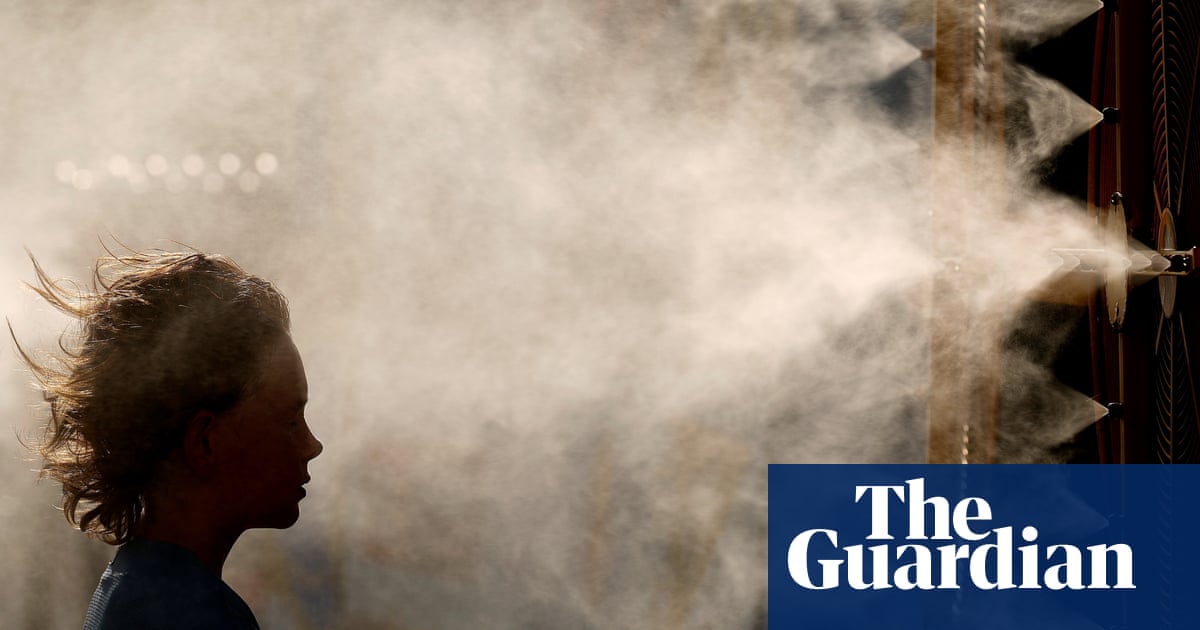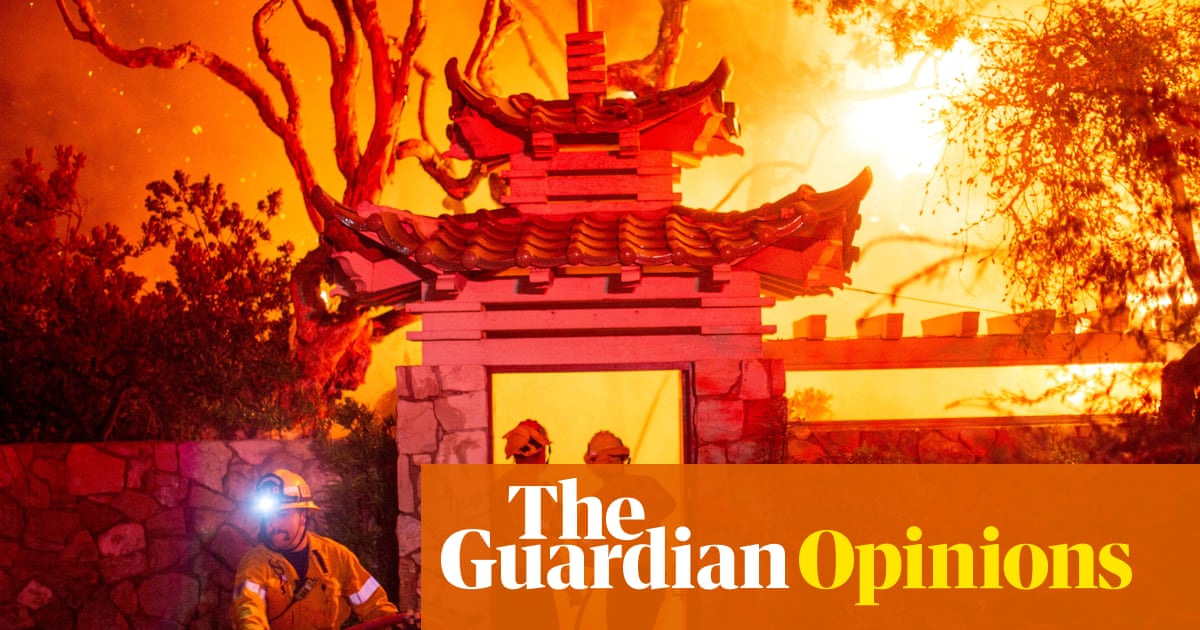Look, things are pretty dire. As the nights draw in, there are few reasons to feel particularly optimistic that 2025 will be filled with glorious testimonies to the innate goodness of humankind. But, the return of Silo reminds us that things could be a lot worse.
Season one of the sci-fi – based on Hugh Howey’s dystopian novels – introduced us to the last 10,000 people on Earth, living in an underground silo centuries after an apocalyptic event had left the surface uninhabitable. Anyone who left the silo – or was exiled – died within a few minutes, with their demise broadcast to the entire population.
But the inhabitants had started to question whether or not the footage they were being shown was fake – and, if so, what other secrets the authorities could be keeping from them. The answer came at the end of the series, when Juliette (Rebecca Ferguson), an engineer turned sheriff, was exiled. We saw that, yes, the world was indeed the poisoned hellscape they had been told, but they were not alone – there were many other silos. Thanks to some ingenious use of tape, which made her suit airtight, Juliette managed to survive.
Season two picks up where the first left off, with Juliette employing Ferguson’s signature badassery to get to safety in a neighbouring silo, the only inhabitant of which is the aptly named Solo (Steve Zahn). There, she learns that her original silo is one of many similar structures that often descend into rebellion and the annihilation of its inhabitants. True enough, things are heading that way back home, with the mercurial mayor, Bernard (Tim Robbins), being aided by the ambitious Judge Meadows (Tanya Moodie) and the gravelly voiced security chief, Robert (Common), in the struggle to suppress an uprising. The masses are turning Juliette into a folk hero and using her as proof that it may be possible to venture outside to repopulate the Earth.
The first season was smart, inventive and frequently thrilling – and the second is even better. It remains slowly paced and visually sludgy – so much so that it demands a bright TV in a pitch-black room – but the aesthetic works in its favour, never letting us forget that these characters are trapped in a claustrophobic, subterranean nightmare where the thought of taking a single breath of fresh air or feeling sunshine on your skin is worth risking your life for.
Now, having seen Juliette leave unscathed, the siloed have grander ambitions than mere survival. And Juliette must prevent them from suffering the same fate as their neighbours whose corpses litter the landscape.
While the fabulous Ferguson remains adept at swinging through the air on makeshift ropes, this season gives the rest of the cast more to do. Her former pals in “Mechanical”, the lowest tier in the silo, are given more scope, with Knox (Shane McRae) and Shirley (Remmie Milner) stirring up dissent. Most welcome of all, perhaps, is the extra screen time afforded to the head engineer, Martha (Harriet Walter), and the security chief’s wife, Camille (Alexandria Riley), who emerges as an unlikely puppet master.
Silo has made bold narrative moves since the off. Its first episode followed two characters who never reappeared, introducing Ferguson as the protagonist only in its final moments. Season two has fun with a near-silent opening episode, in which Juliette fights to survive in Solo’s ersatz version of the home from which she was just exiled. But what makes this season bigger and better is that each character’s fight for truth and survival feels more urgent. This world is a tinder box, where the last remnants of humanity could be wiped out ingloriously because of a single bad idea spreading like wildfire. As the new sheriff puts it when confronted with shifting allegiances: “I didn’t cross the line – the line moved.”
A programme in which the choices of individuals can lead to the demise of the collective may not make for the most comforting watch. But Silo’s meta-commentary on how bad ideas can tear through a population like a deadly virus adds a fascinating layer to an already inventive sci-fi. And at least, in our increasingly dystopian world, we can still go outside, take a deep breath – then return home to watch some riveting TV.

.png) 1 month ago
12
1 month ago
12













































